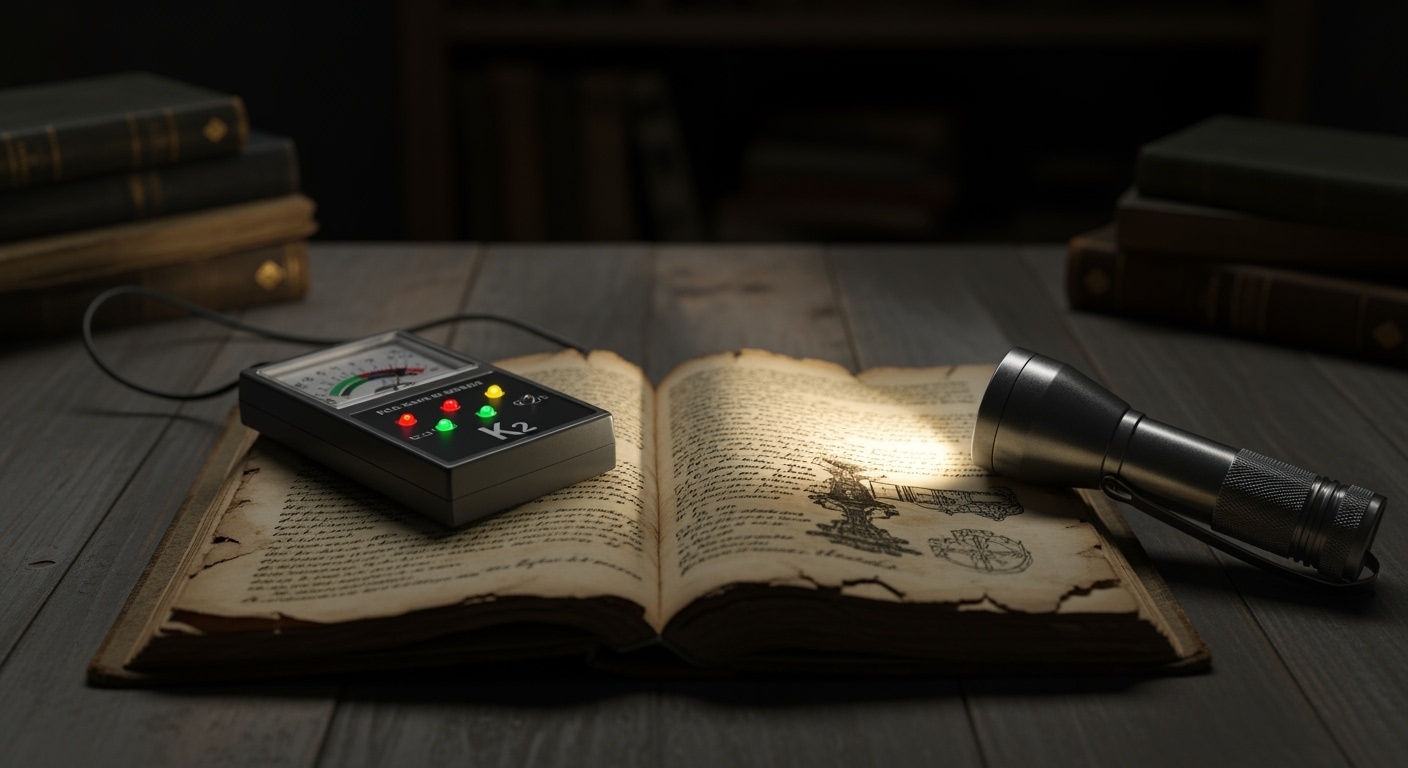The terms “ghost hunter” and “paranormal investigator” are often used interchangeably—but in truth, they describe two very different approaches to unexplained phenomena. Whether you’re new to the field or looking to understand better what we do, this article breaks down the key distinctions between ghost hunting and paranormal investigation—and why the difference matters.
1. Purpose and Intent
Ghost hunters typically seek the thrill of the chase. Their focus is often on capturing evidence of spirits, including photos, videos, EVPs (Electronic Voice Phenomena), and unexplained phenomena. Many ghost hunters enjoy the excitement of exploring spooky or haunted locations, and for some, it’s as much about the adrenaline rush as the evidence.
Paranormal investigators, on the other hand, approach the subject with a more methodical and research-driven mindset. While they also seek evidence, their primary goal is usually to understand the nature of the activity, identify possible causes (whether paranormal or natural), and provide explanations—or even support—for those experiencing disturbances.
Think of ghost hunters as the “storm chasers” of the supernatural world, while paranormal investigators are more like the “forensic scientists.”
2. Methods and Approach
Ghost hunters may rely on popular tools like spirit boxes, EMF meters, or thermal cameras, often responding reactively to sounds, feelings, or shadows. Sessions can sometimes be more dramatic, focusing on provoking activity to get results quickly.
Paranormal investigators, by contrast, typically begin with baseline readings, environmental assessments, historical research, and interviews with witnesses. They are often cautious about interpreting results and will aim to rule out natural explanations—like wiring issues, infrasound, drafts, or even psychological factors—before drawing conclusions.
It’s not uncommon for paranormal investigators to collaborate with specialists in psychology, environmental science, or history to ensure their findings are as accurate as possible.
3. Respect and Ethics
While many ghost hunters act respectfully, the field is sometimes associated with provocation techniques, dramatic behaviour, or sensationalism—especially in online videos or TV shows. This can lead to the trivialisation of emotionally sensitive environments or even disrespect of sacred spaces.
Paranormal investigators typically follow a code of ethics. They seek permission before entering locations, avoid disturbing sacred or privately owned areas, and treat both the living and the dead with dignity. Investigations are often private and non-invasive, particularly when helping families or businesses.
4. Entertainment vs. Investigation
There is a place for both. Ghost hunting, particularly when done respectfully, can be a fun and thrilling entry point into the world of the paranormal.
Paranormal investigation, however, is about responsibility, research, and resolution.
The difference lies in the why—are you chasing a ghost… or trying to understand what’s really going on?




